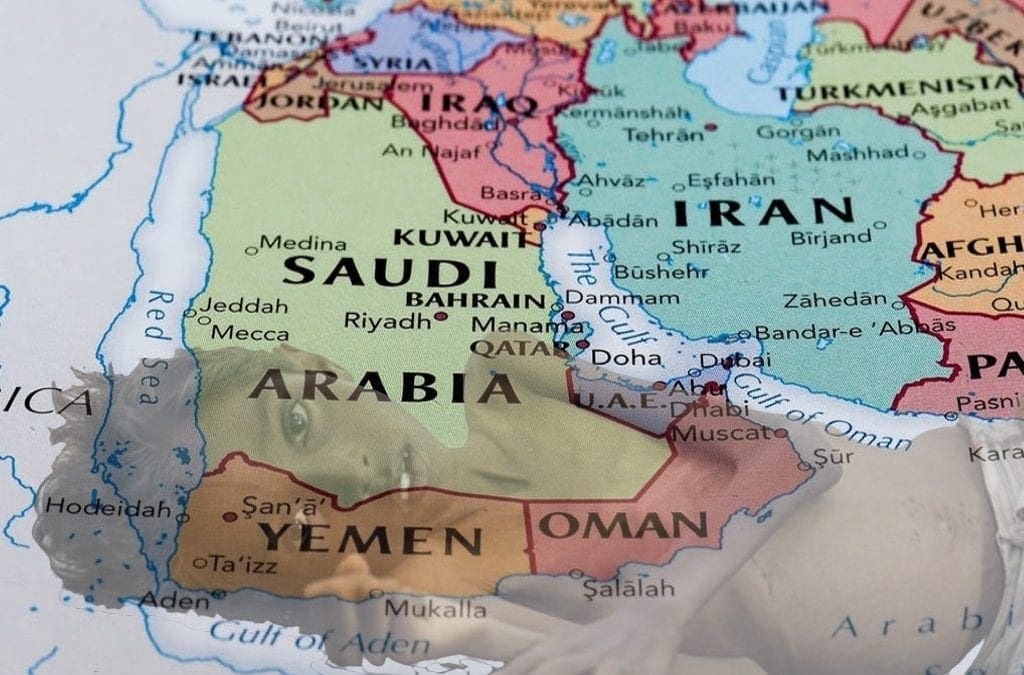Repercussions of the attacks on Saudi oil facilities in Abqaiq and Khurais on September 14 still keep global agenda busy. The attacks that caused highest rise in crude oil prices in one day and took down 5 percent of global production still continues to be a matter of dispute. The fact that Houthis do not possess required sophisticated systems with mentioned ranges and that the satellite images presented by the US has rendered the debate into a blame game. Still the smoking gun evidence has not been found.
Most notable reaction came from the Editorial Board of the New York Times. Emphasizing President Trump’s revocation of Iran Nuclear Deal without suggesting alternatives and his policies that estranged US allies and his unforeseeable moves reversing decades-old tenets of US foreign policy, the Board suggests President Trump not to haste for military action. But it recommends to “consult with Congress, with major industrial nations that depend on Middle Eastern oil and with military and intelligence analysts outside his immediate circle.”
A major development of the week is Houthi proposal to cease aerial assaults between their and Saudi forces. Although denied by Houthi leadership, a WSJ article suggested the Houthis told in private to Saudi officials that they did not carry out the operation and while claiming responsibility as demanded by Iran they were not aware of the gravity of the situation. Whether the latter is true or not, these are indications that Houthis want to evade consequences of the attack and do not want to be lost within regional rift between Iran and its competitors.
For more details please consult here or you can download complete Yemen Crisis Watch in pdf.
* Onur Sultan is a Ph.D. candidate and visiting fellow at Beyond the Horizon International Security Studies Group.
Contact
Phone
Tel: +32 (0) 2 801 13 57-58
Address
Beyond the Horizon ISSG
Davincilaan 1, 1932 Brussels

